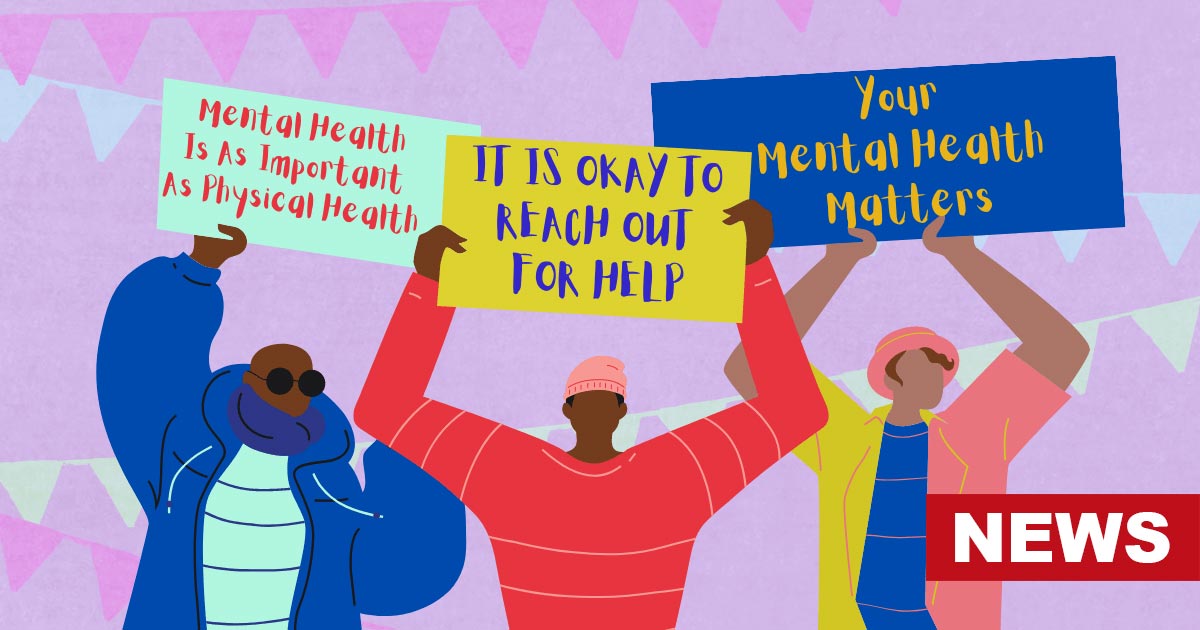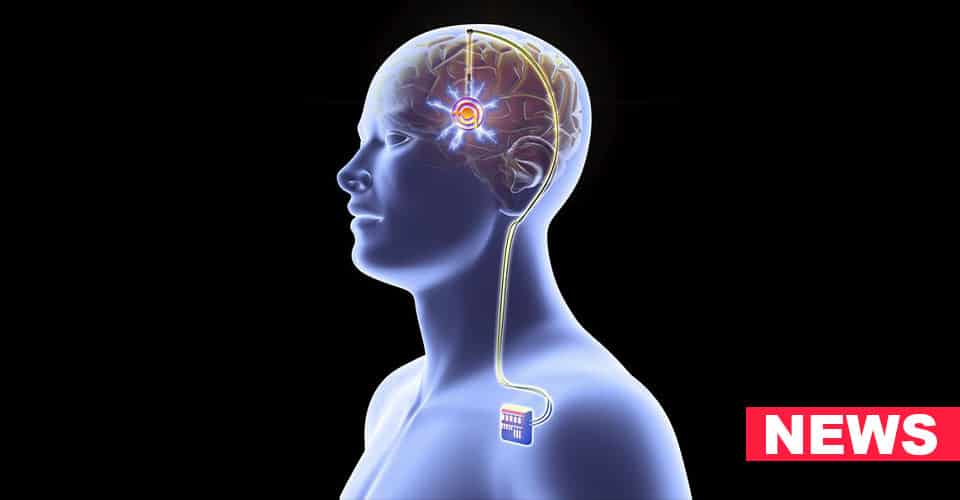Feminist therapy and techniques emerged in the 1960s as an extension of the feminist movement. Its primary objective is to address and challenge the systemic gender-based inequalities and power imbalances that exist within traditional therapeutic approaches.
By acknowledging the sociopolitical context in which individuals live and experience mental health issues, feminist therapy strives to empower clients, particularly women and gender minorities, to find strength and autonomy in their lives.
What Is Feminist Therapy?
Feminist therapy and techniques are rooted in the core principles of psychotherapy and feminism, advocating for equality, respect, and social justice. Therapists operating from this perspective emphasize the importance of understanding the impact of gender roles, societal expectations, and historical inequalities on an individual’s mental well-being.
Clients are encouraged to explore how these factors may contribute to their struggles and how they can empower themselves in the face of adversity.
One of the fundamental premises of feminist therapy is the “personal is political” concept, which means that individual struggles are connected to broader social issues.
By recognizing these connections, clients can gain insight into how their experiences are shaped by systemic factors beyond their control. Therapists collaborate with clients to identify oppressive structures and work together to challenge them, fostering personal growth and resilience.
Feminist Therapy For Depression
Depression affects people of all genders, but women and gender minorities may experience unique challenges due to societal pressures, discrimination, and inequality. In feminist therapy, depression is not solely seen as an individual’s internal struggle; it is understood in the context of external factors like gender roles, sexism, and cultural expectations.
Therapists employ various techniques in feminist therapy for depression treatment. They may focus on helping clients build self-compassion, challenge negative thought patterns influenced by gender norms, and explore how systemic barriers contribute to their distress. Additionally, therapists provide a safe and validating space where clients can express their emotions without judgment, fostering healing and empowerment.
Feminist Therapy For Anxiety
Feminist therapy for anxiety is another transformative approach that acknowledges the gendered aspects of anxiety experiences and explores how societal expectations and oppressive structures contribute to anxiety symptoms.
Therapists work collaboratively with clients to challenge traditional gender roles, empower them to voice their concerns, and address the underlying causes of anxiety from a feminist perspective.
Feminist Therapy vs Anti-feminist Therapy
Anti-feminist therapy, often rooted in traditional, patriarchal beliefs, may perpetuate harmful gender stereotypes and power imbalances within therapeutic relationships. This approach may reinforce societal expectations and pressure individuals to conform to rigid gender roles, suppressing their authentic selves. In contrast, feminist therapy and techniques challenge these norms and work towards creating a more egalitarian therapeutic environment.
While feminist therapy and techniques centers on recognizing the influence of gender and social context, anti-feminist therapy may overlook or dismiss these factors, leading to incomplete treatment outcomes.
Clients in anti-feminist therapy may miss opportunities to address the root causes of their issues and may not experience the same level of empowerment and self-awareness as those in feminist therapy.
The Need For Gender-sensitive Mental Health Care
Gender-sensitive mental health care is essential in promoting positive outcomes for all clients. Traditional therapeutic approaches may not adequately address the unique challenges faced by women and gender minorities, leading to misdiagnoses, ineffective treatments, and perpetuation of gender-based stereotypes. Providing gender-sensitive care is crucial in creating an inclusive, safe, and empowering therapeutic environment.
Feminist therapy and techniques, with their focus on acknowledging and challenging gender-related inequalities, play a significant role in bridging the gap in gender-sensitive mental health care. By recognizing the interconnectedness between personal struggles and societal factors, this approach validates and empowers individuals’ experiences, promoting positive mental health outcomes.
Frequently Asked Questions (FAQs)
1. Which mental health conditions can be treated with feminist therapy?
Feminist therapy can be used to treat a wide range of mental health conditions, including depression, anxiety, trauma, and relationship issues.
2. What are some common misunderstandings about feminist therapy?
Some common misunderstandings about feminist therapy include the belief that it is only for women, that it promotes man-hating, or that it dismisses the importance of individual experiences.
3. Is feminist therapy controversial?
Yes, feminist therapy can be controversial for some individuals who may disagree with its emphasis on challenging traditional gender roles and advocating for social change.
4. What are the different types of feminist therapy?
Different types of feminist therapy include traditional feminist therapy, relational-cultural therapy, womanist therapy, and multicultural feminist therapy.
5. What are the key concepts in feminist therapy and techniques?
Key concepts in feminist therapy include the understanding of the personal as political, emphasis on gender and social context, power analysis, and empowering techniques such as consciousness-raising and assertiveness training.
6. When should you avail feminist therapy and techniques?
Feminist therapy can be sought when individuals want to explore and address how gender-related issues and societal expectations impact their mental well-being.
7. What are the things you should ensure before availing feminist therapy?
Before availing feminist therapy, it is important to ensure that the therapist is trained and experienced in feminist therapy principles, and that there is a good fit between the therapist and the client’s needs and values.



























